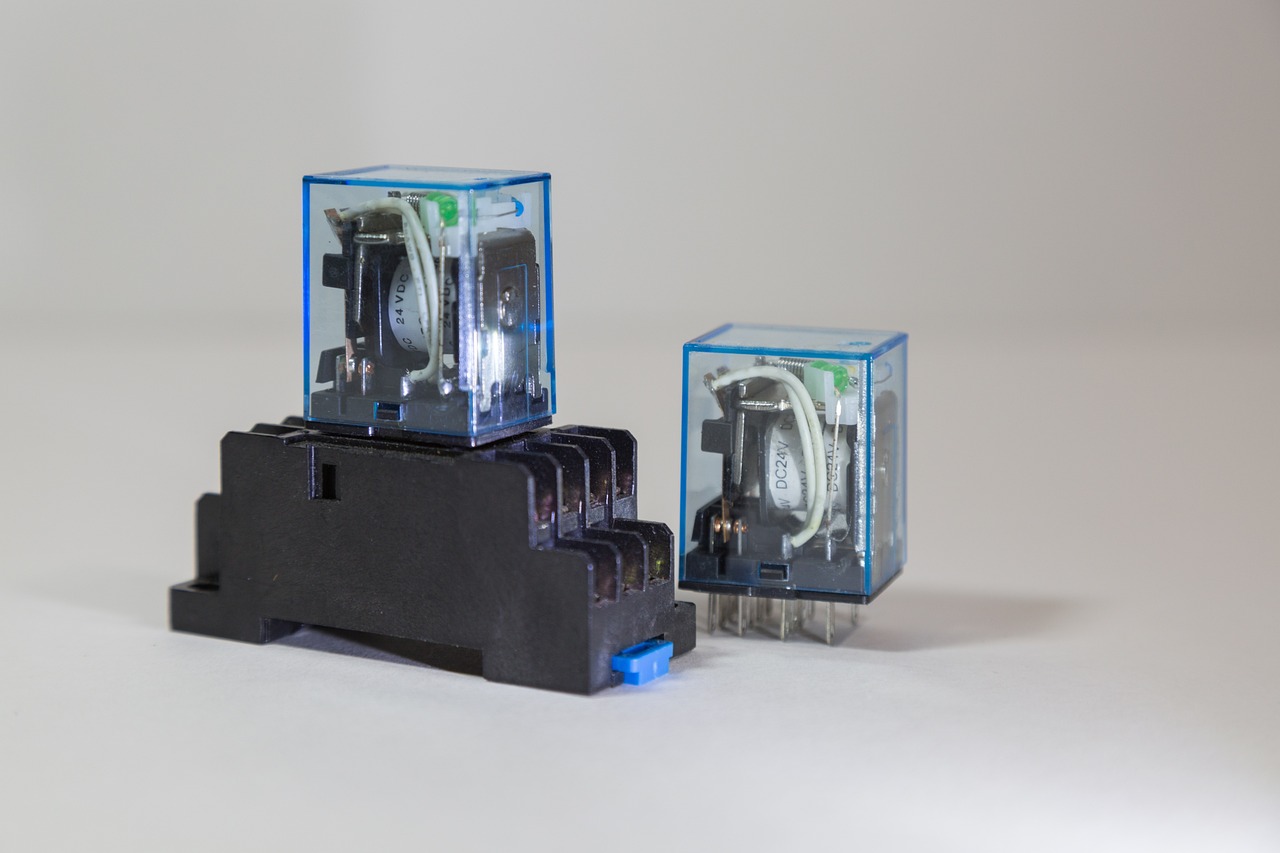The Influence of Tech on Sustainable Packaging: Biodegradable Materials and Smart Labels
Packaging materials have undergone significant transformations over the years. From traditional materials like paper and glass to modern innovations such as plastics and biodegradable options, the evolution of packaging materials has been driven by consumer demands, technological advancements, and sustainability concerns. As society has become more aware of the environmental impact of packaging waste, the focus has shifted towards developing materials that are not only efficient and cost-effective but also eco-friendly and recyclable.
In the past, packaging materials were primarily chosen for their durability and functionality. However, with the growing emphasis on sustainability, there has been a rising interest in materials that can be easily recycled or composted. This shift has led to the development of biodegradable packaging options that break down naturally without harming the environment. As the industry continues to explore new materials and techniques, the future of packaging materials is likely to be shaped by a commitment to reducing waste and minimizing the ecological footprint of packaging.
Advancements in Biodegradable Packaging
The push towards eco-friendly packaging solutions has led to significant advancements in the development of biodegradable materials. Biodegradable packaging is designed to break down naturally, reducing the environmental impact of traditional non-biodegradable plastics. Manufacturers have been investing in research to create packaging options that decompose efficiently without releasing harmful toxins into the environment.
One notable advancement is the utilization of plant-based materials such as cornstarch, sugarcane, and bamboo to produce biodegradable packaging. These renewable resources offer a sustainable alternative to conventional petroleum-based plastics. By incorporating these organic materials into packaging production, companies are moving towards a more circular economy model that promotes the reuse and recycling of resources.
The Impact of Technology on Recycling Processes
With the constant push towards sustainability and environmental consciousness, technology has played a crucial role in revolutionizing recycling processes. From intelligent sorting systems to innovative material recovery techniques, advancements in technology have significantly enhanced the efficiency and effectiveness of recycling operations. These cutting-edge solutions have not only facilitated the segregation and processing of recyclable materials but have also helped in reducing contamination and improving the quality of recycled products.
Moreover, the integration of data analytics and machine learning algorithms has enabled recycling facilities to optimize their operations and make data-driven decisions. By harnessing the power of technology, recycling plants can now track the flow of materials, monitor equipment performance, and identify areas for improvement in real-time. This has not only streamlined the recycling processes but has also led to increased recycling rates and minimized the environmental impact of waste disposal.





